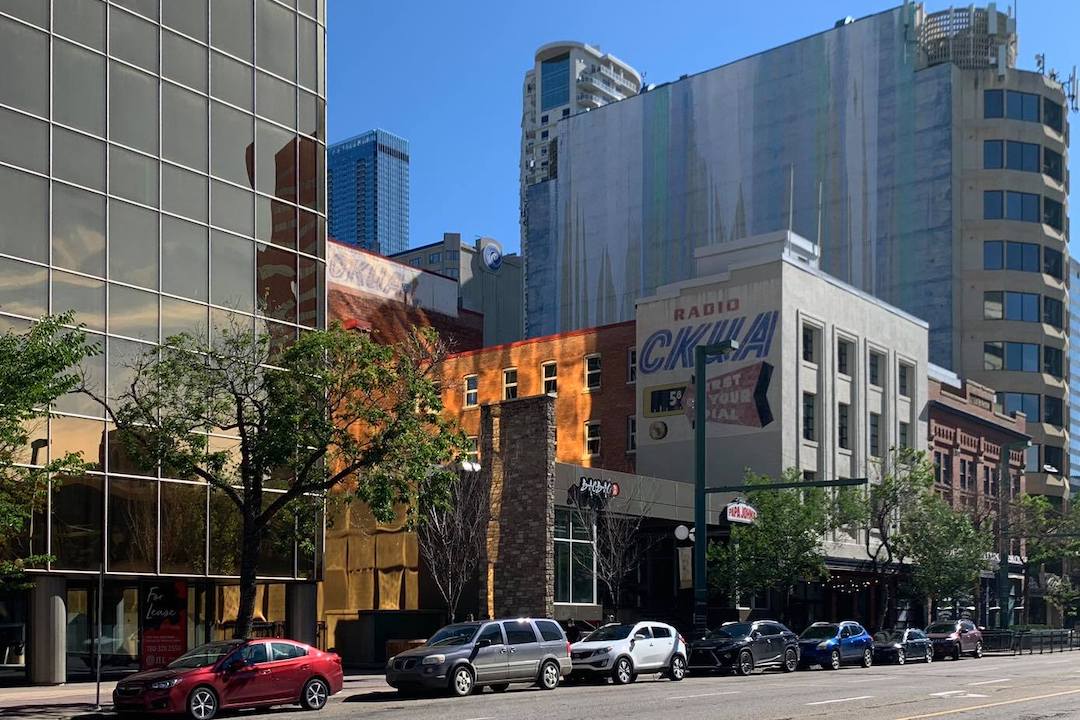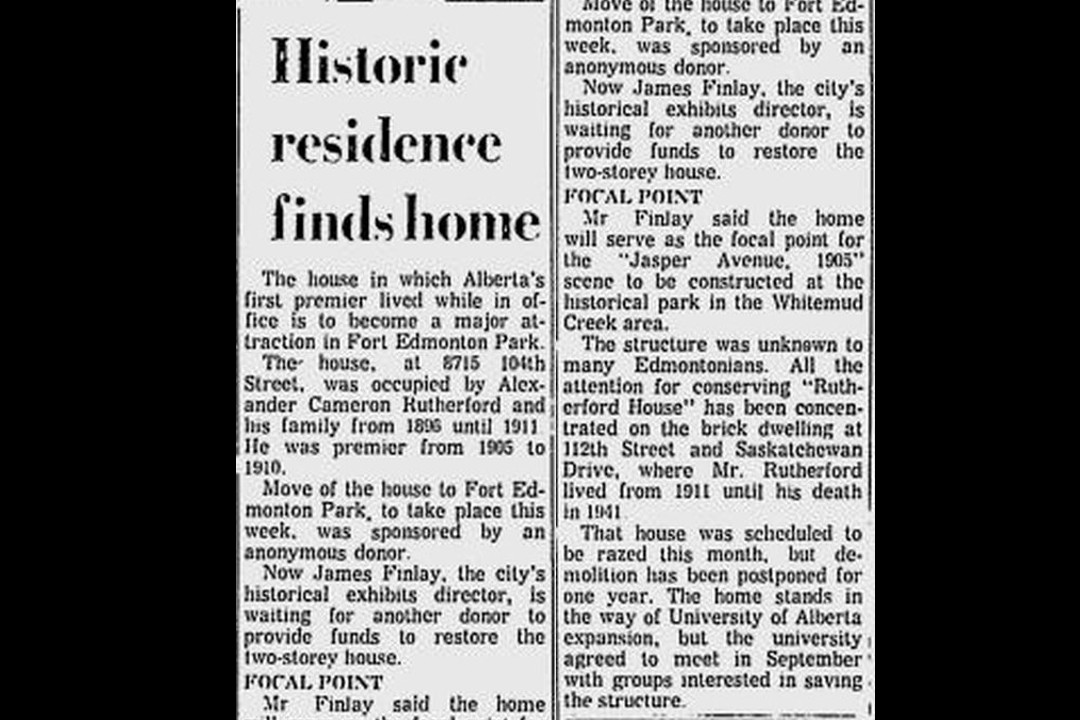
Group brings co-op model to downtown investment to build change
The new Homestead Investment Cooperative allows members to collectively buy into a piece of downtown real estate and participate in a community doing so, its co-founder said.
"So often, investment in commercial buildings and downtowns is saved for the higher net worth individuals and the (real estate investment trusts)," Tegan Martin-Drysdale, a co-creator of the organization, told Taproot. "It can be difficult for an everyday citizen to have an opportunity to invest in their downtown core."
That's why Martin-Drysdale is launching the new investment co-op with co-founder and former Edmonton mayor Don Iveson. (Chris Henderson, Iveson's former campaign manager, also helped establish the co-op but "had to step away," Martin-Drysdale said.)
The first building the co-op will focus on is the Alberta Block, a 40,000-square-foot building on Jasper Avenue that dates back to 1909. Martin-Drysdale already owns a stake in the building through her RedBrick Group of Companies. (A representative for Martin-Drysdale did not provide details on who her co-owners are.) It's also where she operates the Homestead Coworking business that she owns.
A conventional investment in the building would cost hundreds of thousands of dollars, she said. But rather than that huge figure, investors in the new co-op can buy a stake in the building with a minimum outlay of $10,000. Phase 1 of the launch is currently open to directors, officers, employees, founders, control persons of the business, their close personal friends and business associates, family members, existing security holders, or accredited investors. Phase 2, open to anyone, will be launching in the coming weeks. In June, Martin-Drysdale said the co-op had raised approximately $250,000 of investment in its first few months from the circles of the founders and board members. Now, she's ready to spread the word publicly.
Martin-Drysdale uses "Homestead" in the names for both the co-work business and the co-op because she feels it's emblematic of a certain mindset. "It's that pioneering spirit — that's kind of where the Homestead brand came from, out of creating something where it didn't exist before."
Martin-Drysdale is one of several current owners of the Alberta Block who will be essentially bought out by the co-op. Her stake will be converted into co-op shares and her unnamed co-owners will exit ownership, a representative said. The representative for Martin-Drysdale did not say how much the building will sell for.
Once the co-op purchases the building, its future is up to the co-op members who will vote on major decisions at annual meetings. The investment requires a five-year commitment. "We're setting a minimum expectation of five years (before selling any acquired property)," Martin-Drysdale said. "The best way to make money with real estate is usually a long-term hold, but it will be up to the membership to decide when they want to exit, when they want to hold, and when they want to acquire more properties."
Martin-Drysdale estimates investors could see a 6% annual return, thanks to strong rental revenue at Alberta Block. That's based partly on the attractiveness of the building to tenants. RedBrick oversaw a complete retrofit of the former home of CKUA after its sale in 2014.
"Our vacancy rate is 5%," she said. "We've historically had a lower vacancy than downtown Edmonton because it's a good location, it's a character building, it's got low operational costs, and it just attracts a certain creative, innovative type of company to be here. And people want to be here. The energy is palpable on our block."






